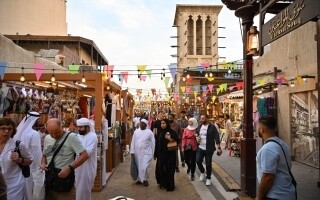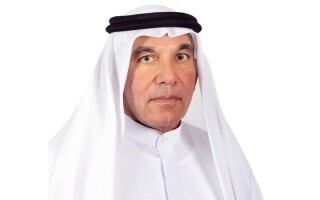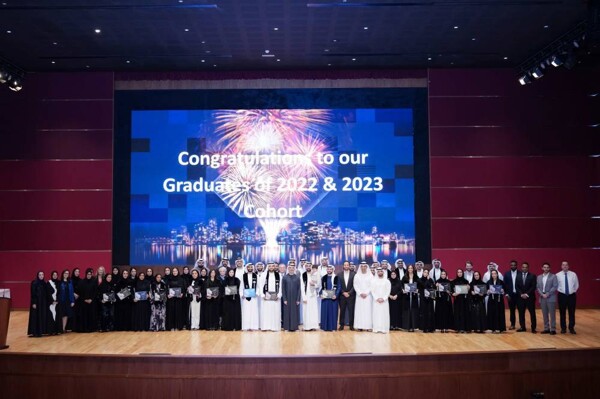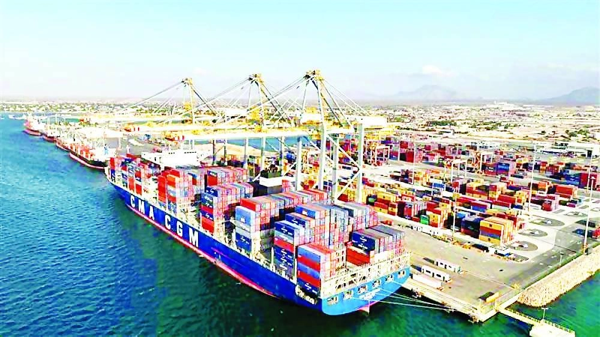
During the month of Ramadan in the UAE, there is a significant increase in spending in various sectors thanks to family expenses on consumer goods. However, some aspects of spending are expected to decline due to the change in usual habits, such as expenses on entertainment not related to Ramadan, like cinema visits, concerts, and events that do not fit this month.
Spending on transportation and mobility without ties to work is reduced, as well as on daily food. Families are cutting back on visits to cafes and restaurants that specialize in fast food, and on memberships in sports halls for families. However, many families in the UAE are currently adopting measures for economic savings during Ramadan.
Families are starting to cut down on spending on food products, buying only what is necessary, economizing on food and beverages, using discounts and promotions from wholesale vendors. They prefer to prepare food at home instead of ordering ready-made meals and follow family culinary traditions instead of dining out.
Moreover, families are budgeting in advance, avoiding impulse purchases, especially during times of various attractive offers in the market, which helps them maintain a balance between satisfaction from Ramadan and economy. Spending on products, entertainment, communications, restaurants, charity, social events, and travel increases in the UAE during Ramadan.
Research conducted by the Center for Strategic Analysis "Interra" with a database in Abu Dhabi showed that family spending on consumer goods in the UAE rises by 20-40% during Ramadan, which is a key consumption season in the country. The growth is attributed to various sectors supported by promotions and discounts in the markets.
Thus, families in the UAE allocate a larger portion of their budget to consumer expenses during Ramadan, primarily focused on food, social events, and restaurant visits, reflecting the specifics of the month in the country and significantly increasing expenses.














